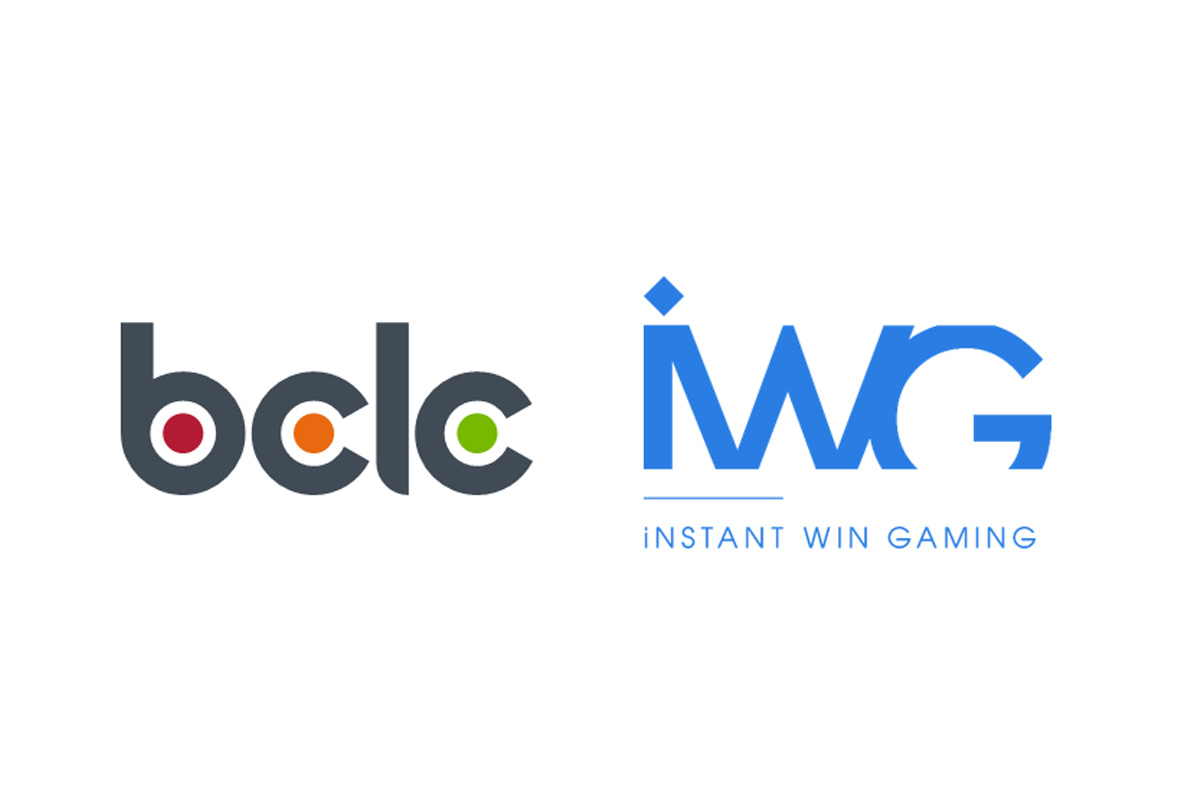
MGCB: Administrative Rules for Fantasy Contests Take Effect in Michigan
The Michigan Gaming Control Board’s proposed Administrative Rules for fantasy contests — which are required under the Fantasy Contests Consumer Protection Act and were submitted to the Michigan Legislature’s Joint Committee on Administrative Rules — took effect last week after they were filed with the Office of the Great Seal, part of the Bureau of Elections in the Michigan Department of State.
The Rules provide the regulatory framework for the licensing and operation of fantasy sports contests in the state, and ensure a secure, responsible, fair, and legal system of fantasy contest offerings.
“Fantasy contests, like any other form of competitive gaming, thrive on rules and regulations. The Administrative Rules, which were reviewed by the Michigan Legislature, provide a level playing field for all fantasy contest operators and participants, and will help ensure that fairness, transparency, and integrity are upheld,” MGCB Executive Director Henry Williams said.
The Fantasy Contests Consumer Protection Act, MCL 432.501 to 432.516 — which authorizes the operation, conduct, and offering of fantasy contests — was passed by the legislature on Dec. 20, 2019. The MGCB issues two types of fantasy contest licenses: An operator license is needed to conduct or offer fantasy contests for play, and a management company licensee handles the day-to-day fantasy contest operations for an operator.
Under the Fantasy Contests Consumer Protection Rules, a fantasy contest operator or licensed management company may only offer or conduct a fantasy contest that is based on an athletic event — defined under MCL 432.502(a) as a real-world professional, collegiate, or nationally recognized sports game, contest, or competition involving skills of the participating individual athletes and upon which the outcome of the game is directly dependent on the athletes’ performances. However, fantasy contest operators or licensed management companies may not offer any contests that have the effect of mimicking betting on sports, or that involve “prop bets” or the effect of mimicking proposition selection.
The MGCB will conduct a review of the offerings of all current fantasy contest operator applicants to ensure they comply with the Fantasy Contests Consumer Protection Act and Rule requirements. The commercial casinos and the federally recognized tribes operating Class III casinos do not require a license to conduct fantasy contests, but they must meet all other requirements of the Fantasy Contests Consumer Protection Act and associated Rules.









